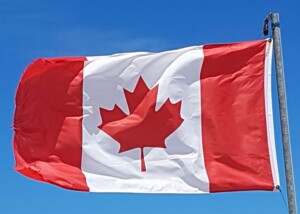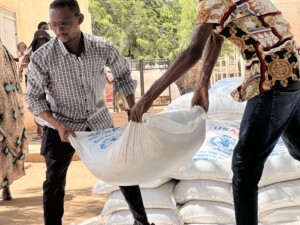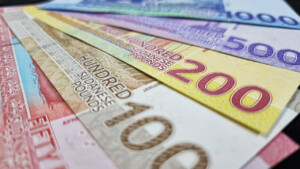Forex speculators arrested in Sudan
Sudanese authorities have arrested 72 people on suspicion of illegal foreign currency speculation. The suspects include bank employees. The Empowerment Elimination, Anti-Corruption, and Funds Recovery Committee, established by the transitional government in 2019 with the aim to purge Sudan of the remnants of the Al Bashir regime, says that “some of them traded sums amounting to billions of Pounds daily in a way that is not commensurate with their economic activities, occupation, or age.”
 File photo
File photo
Sudanese authorities have arrested 72 people on suspicion of illegal foreign currency speculation. The suspects include bank employees. The Empowerment Elimination, Anti-Corruption, and Funds Recovery Committee, established by the transitional government in 2019 with the aim to purge Sudan of the remnants of the Al Bashir regime, says that “some of them traded sums amounting to billions of Pounds daily in a way that is not commensurate with their economic activities, occupation, or age.”
In a statement from the Sudanese capital of Khartoum on Monday, the committee* alleges that the suspects were trading foreign currency “both outside the legal frameworks and via official outlets, including banks”.
The statement says that financial analysis of the suspects’ accounts showed a large number of sizable transactions that could not be reconciled with their income, position, or economic status. “Some of them traded sums amounting to billions of Pounds daily,” the committee asserts.
The committee points out that some of the suspects are bank employees at both senior and junior levels. One of the suspects is only 25 years old, but has a bank account through which “billions of Pounds were traded daily,” without any productive, economic, or commercial activity to justify it.
The statement indicated that 10 suspects have been released after completing investigations and legal procedures.
Trading in foreign currency outside of accredited banks and financial institutions is illegal in Sudan, however years of economic malaise means that the practise is still widespread in the country, with a high proportion of forex trading occurring via the ‘parallel market’.
In February, the government devalued the Sudanese Pound to match the parallel market exchange rate a bid to stem the downward spiral of the Sudanese Pound against major international currencies and facilitate foreign trade, especially in essential items such as medicines.
* The Empowerment Elimination, Anti-Corruption, and Funds Recovery Committee was established by the government of PM Abdallah Hamdok in 2019, with the aim to purge Sudan (and the economy) of the corruption associated with remnants of the Al Bashir regime. Empowerment (tamkin) is the term with which the Al Bashir regime supported its affiliates in state affairs by granting them far-going privileges, including government functions and the setting-up of various companies.









 and then
and then